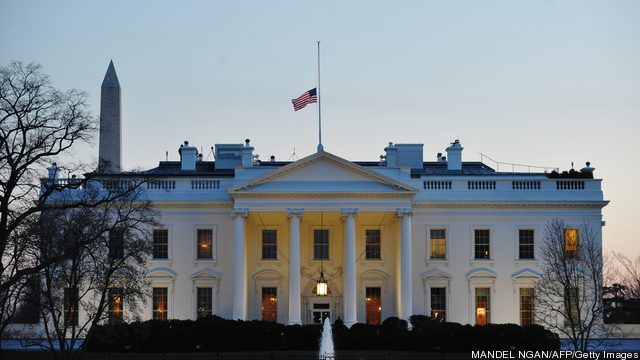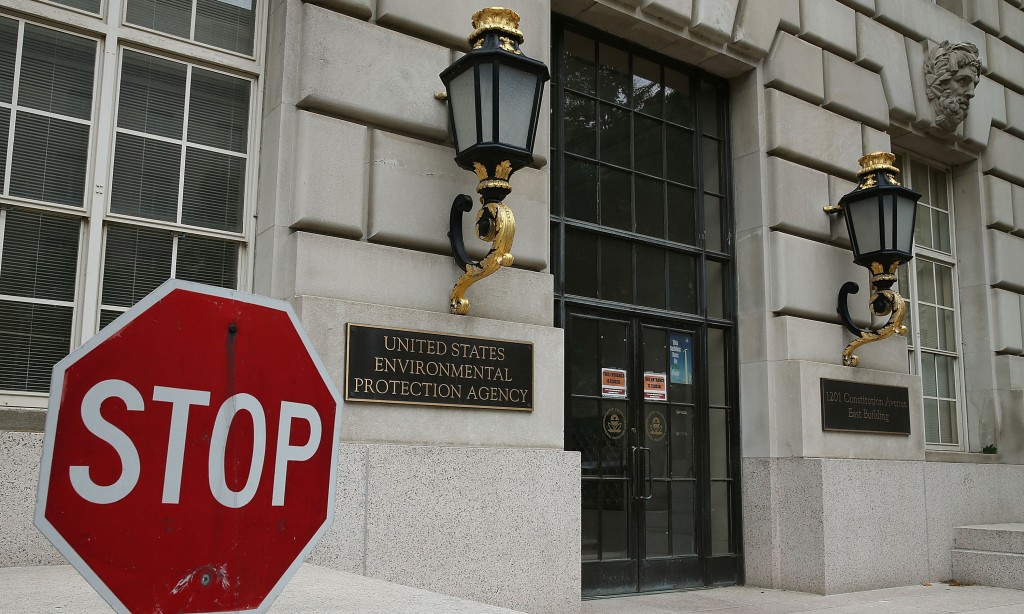On February 12, 2018, the White House released the President’s Fiscal Year 2019 (FY19) budget.
Treasury Department
Trump Administration Releases Fiscal Year 2019 Budget Proposal
By Sheila Burke, Amit Rao & Sam Sadle | Baker DonelsonSign up and get Breaking Energy news in your inbox.
We will never sell or share your information without your consent. See our privacy policy.Natural Gas, Grid Reliability And Respecting Markets
By Energy Tomorrow BlogIt’s unclear what the Federal Energy Regulatory Commission (FERC) will do with U.S. Energy Secretary Rick Perry’s request that FERC alter the electricity marketplace in favor of certain generating facilities – a proposal that by design would favor some energy sources over others. A clue, perhaps, from FERC Commissioner Robert Powelson, speaking to the American Association of… Keep reading →
U.S.-Iran Competition: Prospects And Limits Of Cooperation
By Jay Solomon, Ambassador James Dobbins, and Dennis RossThree experts discuss whether the contentious history of U.S.-Iranian relations stems more from unrealistic American expectations and missed opportunities, or from the Islamic Republic’s strategic decision to oppose Washington’s interests. On September 7, Jay Solomon, James Dobbins, and Dennis Ross addressed a Policy Forum at The Washington Institute. Solomon is the chief foreign affairs correspondent… Keep reading →
President’s FY 2017 Budget Aims To Seal The Deal On Fiscal Legacy
By Mary Burke Baker, Elizabeth Nelli, Peter Nelson, Karishma Shah Page | K&L Gates LLPIRS Specifies Performance and Quality Standards For Small Wind Turbines
By David Burton | Akin Gump Strauss Hauer & Feld LLP
House Democrats have released draft carbon-pricing legislation, soliciting feedback on a potential per-ton fee for emissions, annual rate of fee increase, and revenue spending.
On March 12, 2013, House Democrats released a draft plan for carbon-pricing legislation that would impose a fee on greenhouse gas emissions from the nation’s largest polluters, such as power plants, oil refineries, and factories. The measure, which has the potential to address both climate change and budget deficit, aims to establish a system that would minimize compliance burden for polluting entities and reduce administrative costs. It would build on EPA’s existing program that requires major sources to report emissions. The Treasury Department would have the responsibility to collect carbon fees based on EPA emissions data. Keep reading →





